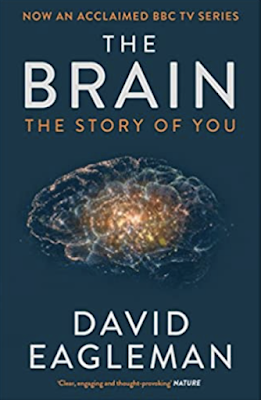Product positioning is a concept that I'm extremely fascinated about. My very first talk in a Product Camp event was on the topic of Product Positioning.
One of the professional projects that has given me so much satisfaction is being part of the repositioning exercise when Mindtickle repositioned from an HR employee onboarding platform to a sales readiness platform back in 2014. It is a classic case study of how positioning can play a pivotal role in building unicorn businesses.
I used to follow April Dunford's writings through her blog and her Twitter handle. Her thought leadership on product positioning and B2B marketing, in general, is quite inspiring. Her book "Obviously Awesome: How to nail product positioning so customers get it, buy it, love it" is an easy-to-read, practical guide on Positioning.
It starts with the basic definition
"Positioning is the act of deliberately defining how you are the best at something that a defined market cares a lot about."
I liked the way how Positioning is referenced as “context setting” for products.
"Understanding something new is challenging because we don’t yet have a frame of reference. When we lack context for a product, the easiest way to create one is by starting with something we already know."
The commonly understood belief is that positioning is owned by marketing. Dunford clarifies why it isn't the case and why positioning is an important decision across the board.
"Positioning is too broad and too important to live in one silo of the company"
"While most people think of positioning as a marketing concept, a shift in positioning feels more like a shift in business strategy."
She also reiterates that positioning doesn't imply filling out a template or coming up with a statement that talks about the market, competition, and value.
She then goes on to explain the five(plus one) components of effective positioning. She elaborates these components through a 10-step approach to positioning. Practical, easy to implement steps, elaborated with interesting case studies.
I found the chapter on step #8 - "Find a market frame of reference" to be super interesting, especially her points related to creating a new market category.
"You are aiming to create a new market category. Your goals are first to prove to customers that a new market category deserves to exist, then to define the parameters of that market in the minds of customers, and lastly, to position yourself as the leader within it."
Whether you are a startup founder, a product manager, or a product marketer, you'd find interesting and useful insights to take away from this book. Highly recommended.
















